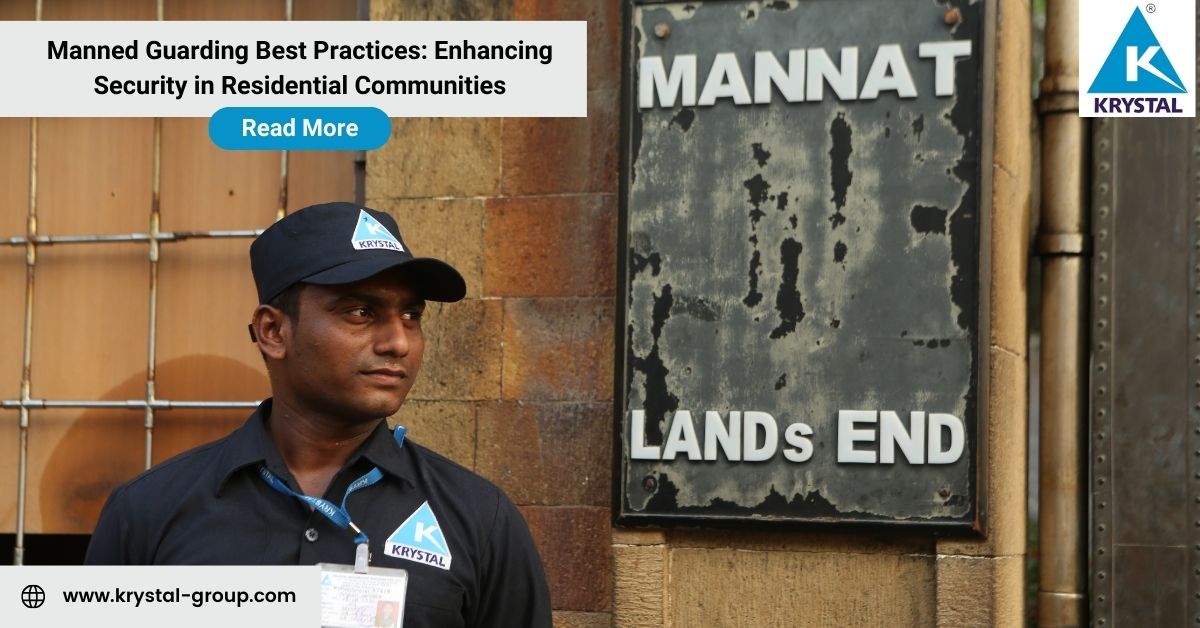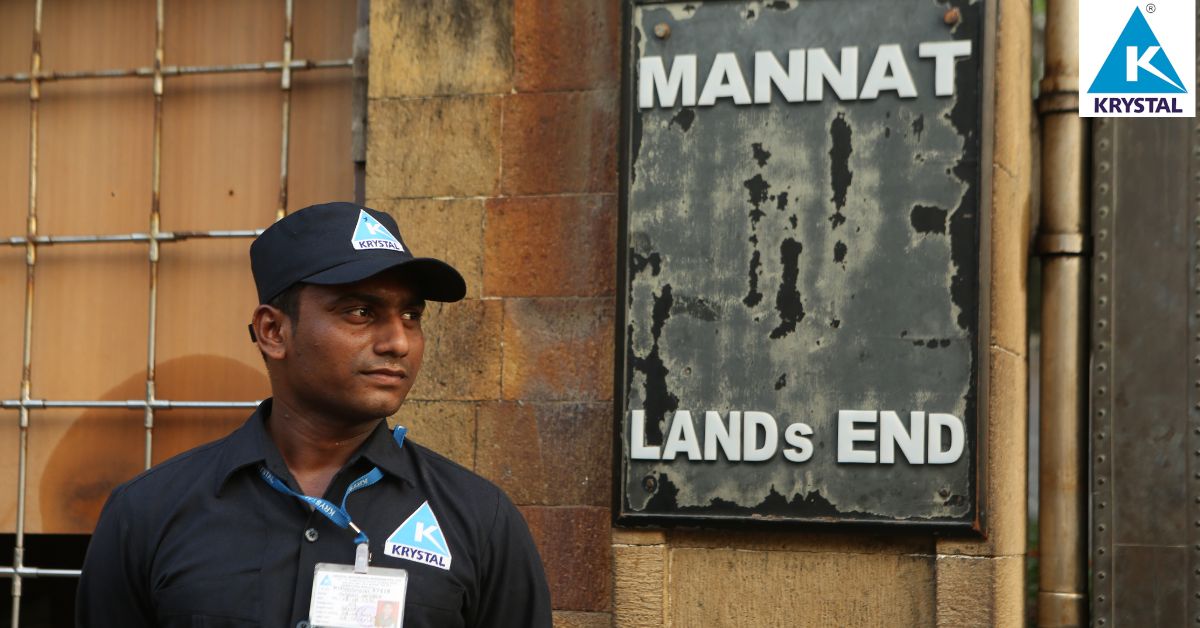
Introduction:
In an era where public safety is paramount, the role of manned guarding stands out as a pivotal element in ensuring security in public spaces. This blog explores the multifaceted contributions of manned guarding to the safety of public environments, shedding light on the significance of their uniformed presence.

1. Visual deterrence:
The mere presence of manned guards in uniform serves as a powerful deterrent against potential threats. The visibility of these uniformed professionals creates a sense of authority and order, dissuading individuals with malicious intent from engaging in criminal activities. Visual deterrence plays a critical role in maintaining a secure atmosphere in public spaces.
2. Crowd Control and Event Management:
Manned guards are instrumental in managing crowds during events, gatherings, and public functions. Their training equips them to handle diverse situations, ensuring that large groups of people can navigate public spaces safely. Whether it’s a bustling city square, a concert venue, or a public celebration, manned guards play a crucial role in maintaining order and facilitating smooth crowd movements.
3. Emergency Response and First Aid:
Manned guards are often trained in basic first aid and emergency response protocols. In the event of accidents, medical emergencies, or unforeseen incidents, their swift response can be a lifesaving factor. Their training extends beyond security, encompassing a broader spectrum of skills that contribute to the overall safety and well-being of individuals in public spaces.
4. Surveillance and Monitoring:
Modern manned guarding goes beyond a physical presence; it involves leveraging advanced surveillance technologies. Manned guards are trained to operate and monitor surveillance systems, including CCTV cameras and access control systems. This integration of technology enhances their ability to detect and respond promptly to potential security threats.
5. Access Control and Identification:
Manned guards play a pivotal role in controlling access to secure areas within public spaces. Their duties may include verifying identification, checking credentials, and ensuring that only authorized individuals enter restricted zones. This proactive approach helps prevent unauthorized activities and safeguards sensitive areas.
6. Collaborative Partnerships with Law Enforcement:
Manned guards often collaborate closely with local law enforcement agencies. This partnership ensures a seamless flow of information, allowing for a swift and coordinated response to security incidents. The collaboration extends the reach and effectiveness of security efforts, creating a comprehensive safety net for public spaces.
Conclusion:
In the complex landscape of public safety, manned guarding emerges as a linchpin, contributing significantly to the well-being of individuals in public spaces. Their uniformed presence not only deters potential threats but also facilitates crowd management, emergency response, and access control. The fusion of traditional security practices with modern technologies underscores the adaptability and effectiveness of manned guarding in safeguarding the public realm. As we navigate the dynamic challenges of the modern world, the role of manned guards in uniform remains indispensable for fostering safety and security in our shared spaces.